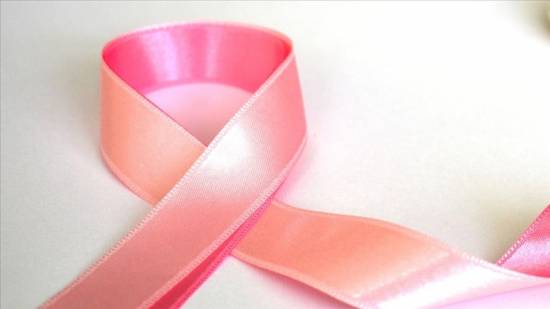Breast cancer has overtaken lung cancer as the most common form of the disease globally, a World Health Organization (WHO) expert said Tuesday.
"The cancer burden is significant and increasing. In 2020, the number of people diagnosed with cancer globally reached 19.3 million, and the number of people dying, increased to 10 million," Dr. Andre Ilbawi, technical officer at the WHO Cancer Control unit, told reporters ahead of Feb. 4 World Cancer Day.
"The biggest and most likely driver of the increased total number of cases is population expansion, improvement in life expectancy and management of other competing health illnesses," he said.
With increasing life expectancy, there comes an increased risk of cancer, he said.
Ilbawi also noted that the year-long COVID-19 pandemic had disrupted cancer treatment and other diseases.
He said surveys have found that 50% of governments have had cancer services partially or completely disrupted due to the pandemic.
"Delays in diagnosis are common. Interruptions in therapy or abandonment have increased significantly," he noted, adding that this would likely have an impact on the total number of cancer deaths in coming years.
"Healthcare professionals have been under great stress to deliver services, and there are significant reductions in research and clinical trial enrolment. To state it simply, the consequences of the pandemic on cancer control efforts have been profound," he added.
He said the data shows that for this first time, breast cancer representing 11.7% of cancer cases now constitutes the most common form of the disease globally, followed by lung cancer (11.4%), which has historically been the leading cause of the diseases.
The novel coronavirus has affected an unspecified number of countries "of all income levels," although some wealthier nations had managed to counter the effects of the pandemic more effectively.
That includes the Netherlands, where special programs speed up access to cancer diagnosis and treatment for those with symptoms, said the WHO doctor.
"But still 60-70% of cancer cases and deaths are already occurring in low and middle-income countries," said Ilbawi.
"So, we know projecting forward that this will reach a proportional level, and most of the cases will continue to arise in those settings."/aa
Additional Info
- عنوان تمهيدي: Breast cancer overtakes lung as most common form of disease, says WHO expert


